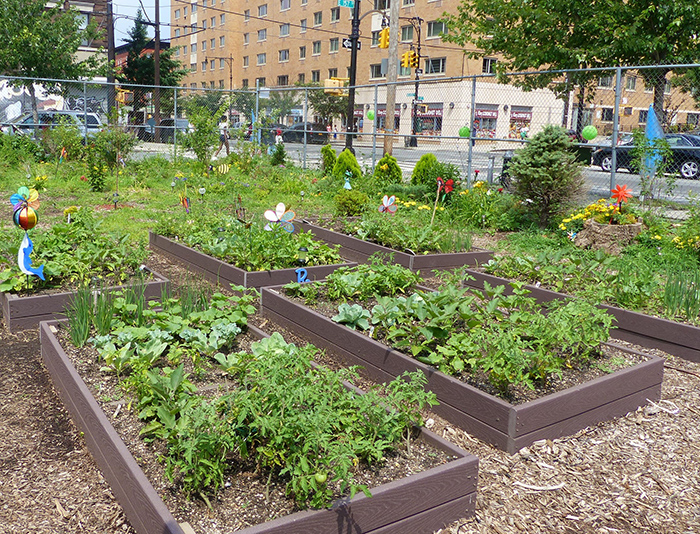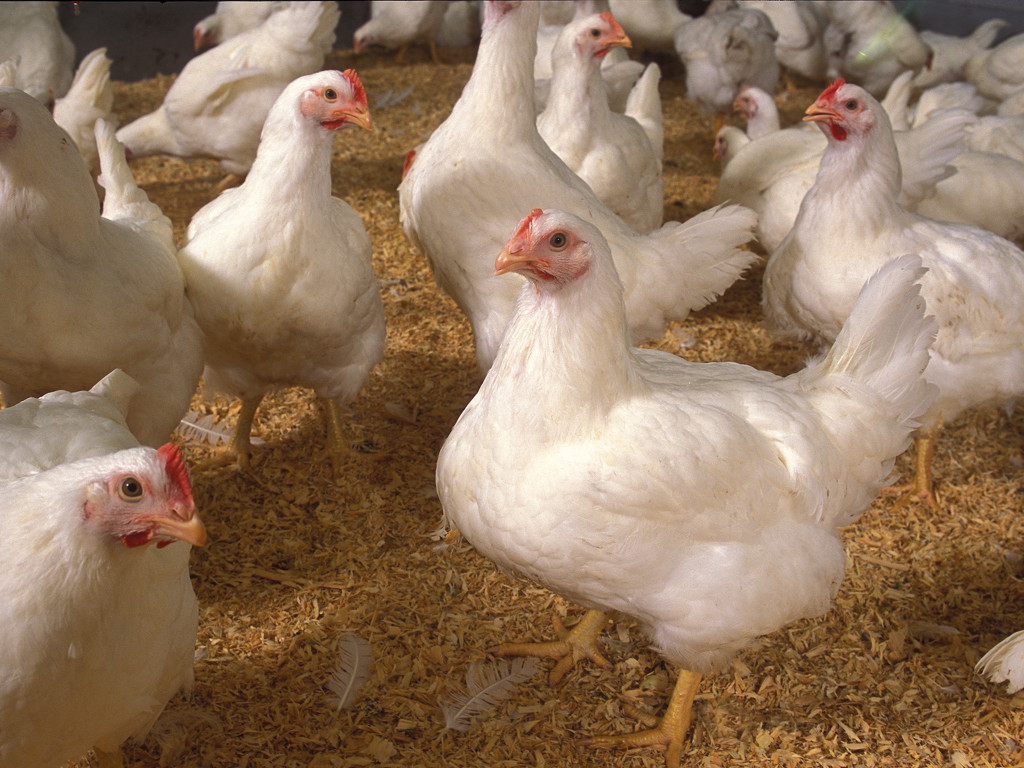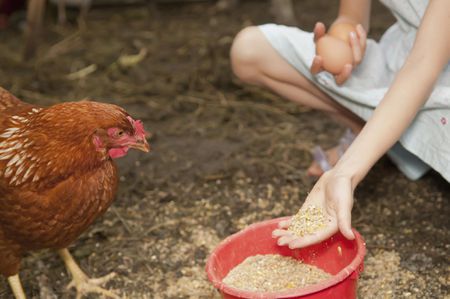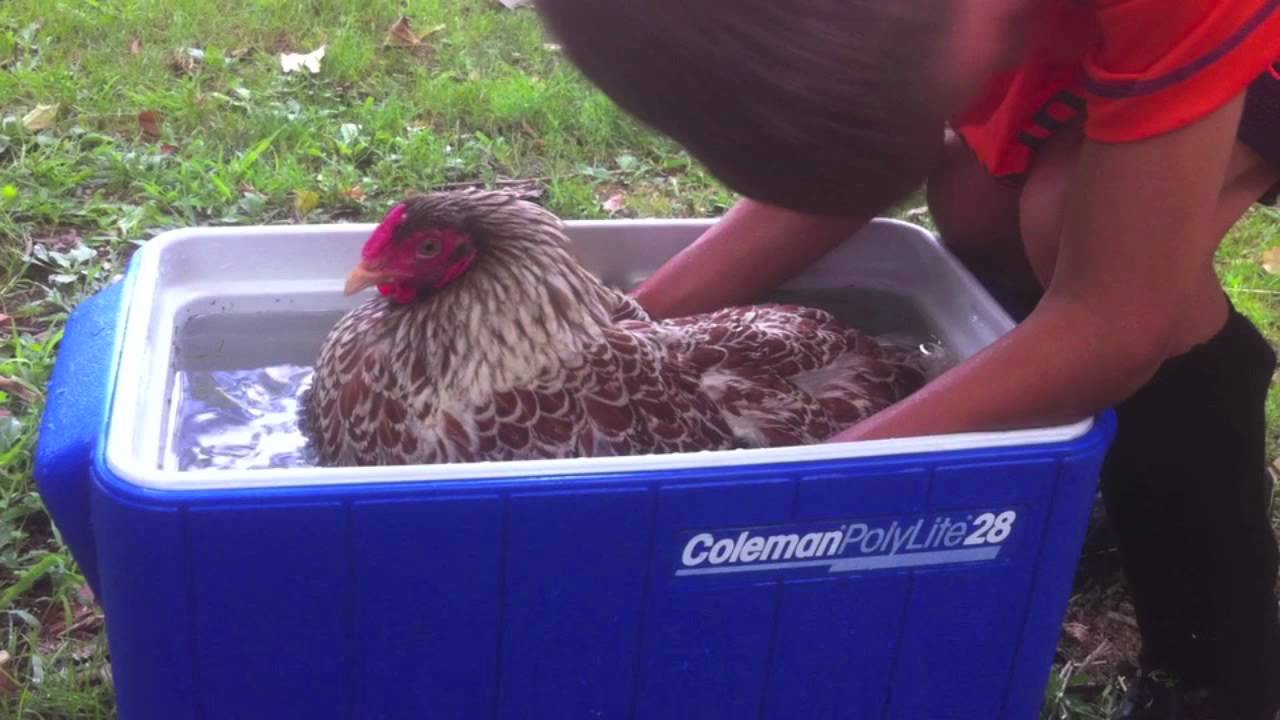Now that sustainable living has started gaining popularity, country life has gotten its fame back. For long, city life was the more desirable option and not surprisingly we’ve seen a huge rise in cityscapes for years. However, after all the news of global warming, waste of resources, and benefits of organic food versus GMO, many have turned back to the joys of growing their own fruits and veggies, even in the cities thanks to the urban gardening trend.
Fun doesn’t end there as some also include taking care of a flock of chickens, and getting their own fresh eggs instead of buying them. Spending time in the company of chickens can be rewarding itself, and don’t be surprised when you find out they aren’t the dumb creatures they have the reputation of.
Easy to care for, and fun to be around, it takes having the right food as well as the right bird medicine to keep your chickens healthy and happy. By medicine I don’t necessarily refer to products for when they’re sick but also those that improve their health, as well as their eggs.
The reason for this is most seeds lack essential fatty acids and vitamins, such as Omega 3 and 6, vitamin A and E, necessary for the immune system and egg production. Quality layer food consisting of the much needed nutrients like proteins and minerals is recommended too.
As for the water, it’s important to make sure it’s always fresh and clean (changing it daily), particularly in summer. What makes it important, other than keeping your hens and roosters hydrated, is the fact this way you’d prevent harmful bacteria from thriving. Regular sources of food and water are a must.Speaking of cleaning, this should be your next step when it comes to your chickens’ well-being. When hygiene isn’t your priority, it’s easy for the harmful organisms and parasites to make their way into the bedding. Dusting has to be one of your regular activities, and make sure you replace the bedding every month or so.

You don’t have to be a bird expert to know when something goes wrong, all you have to do is get to know your chickens so you immediately notice when they aren’t behaving like their old selves. To further prevent diseases, it’s advisable to vaccinate them as early as possible.

